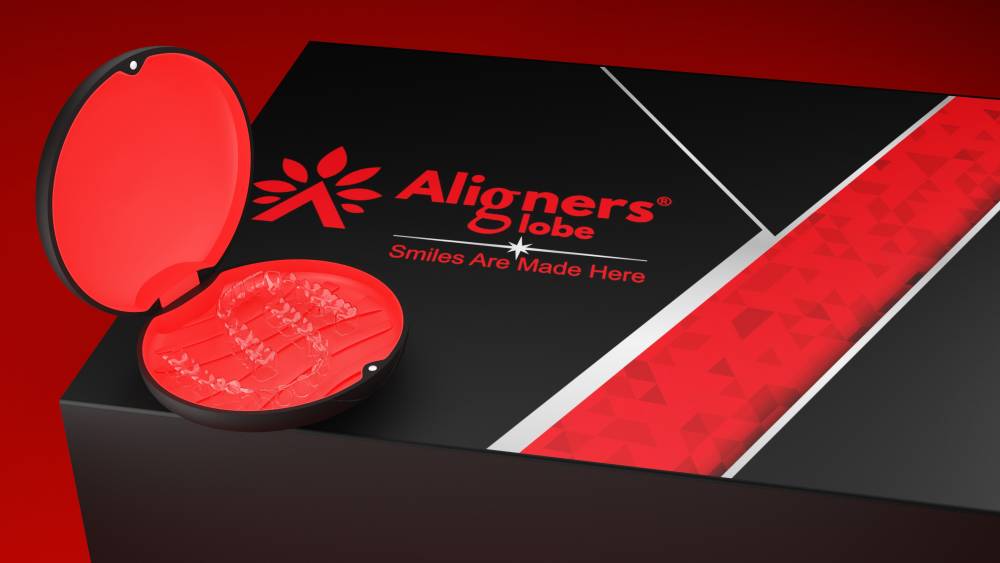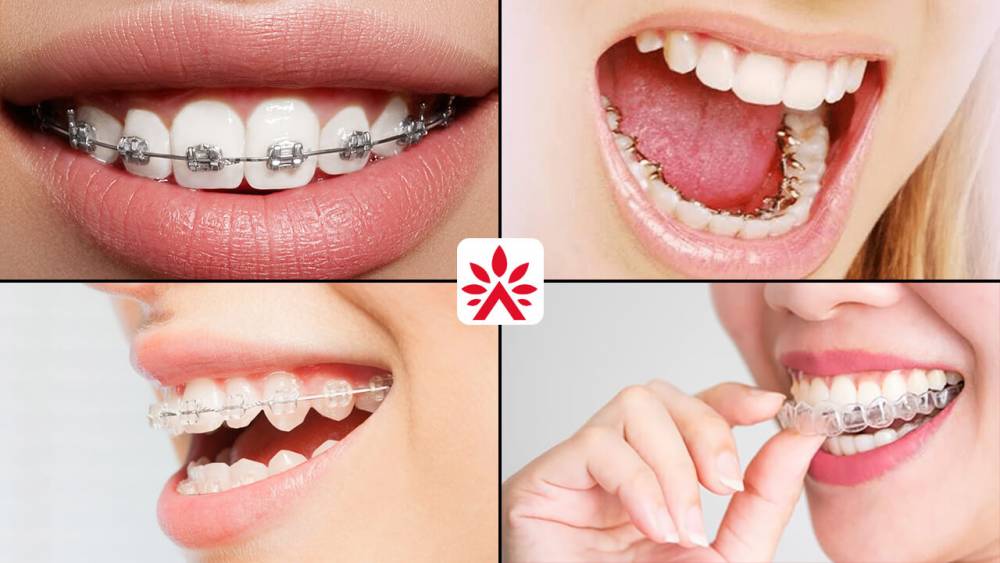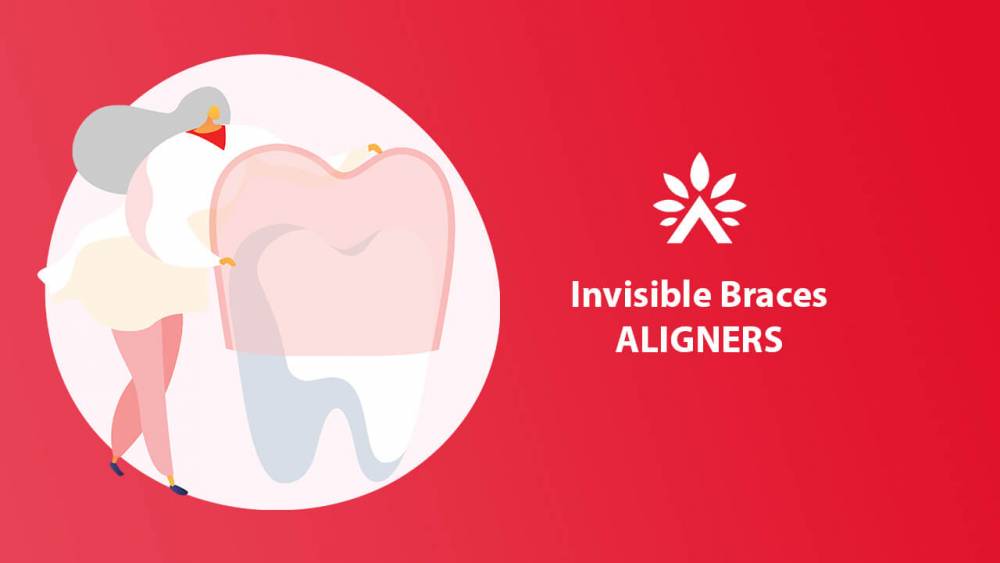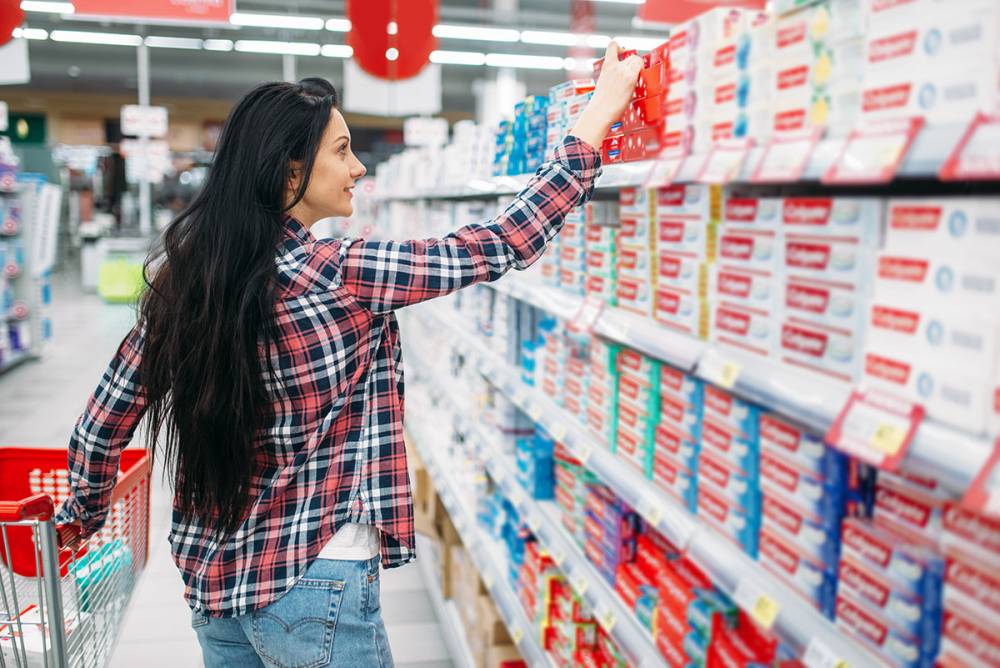
Best toothpaste for teeth
How to choose the correct toothpaste?
In pharmacies and supermarkets, numerous toothpaste formulations from various manufacturers’ brands are available. Each has unique qualities, and the composition varies according to the oral disease or condition to be prevented or treated. Many people believe that all toothpaste is the same and you can go to the market and get any toothpaste of your choice from the shelves and use it but contrary to this popular belief all toothpaste is different. There is a wide variety of toothpaste stacked on the shelves of supermarkets claiming extra whitening, enamel care, better plaque reduction, teeth sensitive option, best toothpaste to prevent cavities, toothpaste for fresh breath, toothpaste for a dazzling white smile so it gets very confusing for what to choose. There are many varieties of toothpaste with various ingredients and chemicals and each of them has a special use.
Just to inform you, Not every individual needs specialized toothpaste. In this article, we will help you decide, which toothpaste to use! This article will focus on different kinds of toothpaste and their uses.
Best toothpaste for teeth
The best toothpaste is a chemical used with a toothbrush that helps clean your teeth and gum margins from plaque, maintain and improve oral health and aesthetics and perform other remedial functions such as a treatment for sensitivity, gingivitis, halitosis, cavity protection, etc. The best toothpaste is stable, flows well, and tastes good.
Prevention is better than cure
You heard a lot about this famous saying, Oral diseases like caries and periodontitis affect people all over the world and cause a lot of stress and cost for both individuals and health systems. The literature says that 46.2% of people around the world have caries in their primary teeth, 47% have untreated decayed teeth, and 9.8% have severe periodontitis. The best way to fight these oral diseases and all their effects seems to be to keep them from happening in the first place ie brushing your teeth with proper toothpaste.
Tooth Paste is a first line of defense
Dental plaque control is the most important thing you can do to keep your teeth healthy. Mechanical control of microbial plaque with the toothbrush is necessary to prevent dysbiosis of the oral microbiota and the development of oral disease. Chemical control with toothpaste, on the other hand, seems to be a complementary and preventive treatment that helps with elimination and stops microbial dysbiosis. This could make people less dependent on expensive mechanical oral care like teeth scaling, tooth fillings, root canal treatment, or even tooth extraction, etc. Toothpaste seems to be the most important chemical product used to keep teeth clean. Toothpaste has both inactive and active ingredients. Its biological properties come from the things that make it work (antibacterial, anti-inflammatory, or desensitizing).
Which toothpaste to use?
Today, there are many kinds of toothpaste to meet the oral care needs of virtually everybody, some toothpaste do offer special benefits in addition to cleaning the tooth. But always consult your dentist as they are the best ones to guide you, on which toothpaste will best to cater your needs.
Toothpaste comes in 3 forms
1. Paste/Cream /gel
2. Foam
3. Tablets
Types of toothpaste
According to use
• Regular type
• Specialized type
According to age
• Toothpaste for toddlers
• Toothpaste for kids
• Toothpaste children
• Toothpaste for adults
According to composition
• Chemical ingredients based
• Herbal/Natural ingredients based
According to the toothpaste coding
• Green
• Blue
• Black
• Red
Regular toothpaste
Regular toothpaste is the one that is used for all kinds of disease-free teeth and gums. You can buy them over the counter without any precautions. Regular toothpaste leaves your mouth feeling fresh and has the power to whiten teeth and freshen breath, its ingredient help cleans each tooth, eliminating plaque and bad bacteria that causes dental and gum diseases.
Specialized toothpaste
Specialized toothpaste is that toothpaste that is prescribed by your dentist according to your chief complaint and the nature of teeth and gum disease.
First, ask your dentist before buying any specialized toothpaste. Your dentist knows your oral health better than anybody. So consult with them and see which toothpaste they recommend you according to your oral health.
What is toothpaste made of?
Regular Toothpaste generally contains the following components while specialized toothpaste contains a specialized ingredient in addition to this which we will discuss later in this article.
Following is the list of materials and chemicals that are found in all regular and specialized toothpaste.
• Water (20–40%)
• Abrasive(50%) such as salts, silica or silicates, aluminum hydroxide, calcium hydrogen phosphates, calcium carbonate, and hydroxyapatite are used to fight hard plaque/ debris and clean the tooth effectively.
• Detergents, mainly sodium lauryl sulfate (SLS) with concentration ranges of 0.5–2%
• Antibacterial agents such as triclosan or zinc chloride.
• Humectants are chemicals that prevent toothpaste from drying out and keep its consistency. Humectants including glycerol, xylitol, sorbitol, polyethylene glycol, and propylene glycol
• Thickeners or Binders are used to maintain consistency and gel together all the ingredients.
• Detergents are used to give the toothpaste a foamy and bubbly texture so that toothpaste can effectively reach every surface of the tooth.
• Flavorings, these are to make your toothpaste more bearable and taste friendly such as spearmint, peppermint, and wintergreen.
• Fluoride (usually 1450 ppm) is mainly in the form of sodium fluoride. Stannous fluoride and sodium Monoflourophosphate have also been used. Fluoride, which very important for strengthening the teeth and fighting caries.
Types of Specialized toothpaste
1. Best toothpaste for Cavity protection /Anti-Cavity
2. Best toothpaste for Sensitive teeth
3. Best toothpaste for Tartar/Calculus removal
4. Best toothpaste for Bleeding Gums
5. Best toothpaste for teeth whitening
6. Best toothpaste for Smokers
7. Best Toothpaste for Bad Breath
Best toothpaste for Cavity protection /Anti-Cavity
The best toothpaste for cavity protection has fluoride and Minerals as Active ingredients giving the teeth double benefits.
What is the role of fluoride in Anticavity toothpaste?
Fluoride strengthens the teeth' outer layer called enamel and prevents teeth decay(fight cavities) by changing the natural chemical composition of the teeth making it more resistant to acid attack (the main culprit of cavities in teeth) produced by bad bacteria of the oral cavity.
What is the role of Minerals in Anticavity toothpaste?
Best toothpaste for cavity protection also has ingredients hydroxyapatite nanoparticles and calcium phosphate that help remineralize the tooth enamel ( restore the loss of minerals due to dental caries bacteria attack) and Freshen breath.
Top Most brands of Cavity protection toothpaste
Colgate maximum cavity protection
Crest 3D white Toothpaste Radiant mint
Enafix Anti-Cavity Toothpaste
Crest Cavity Protection Toothpaste
Best toothpaste for Sensitive teeth
Some individuals have teeth that are sensitive to hot, cold, sweet, air, and citrus substances. The outermost covering of the tooth is white in color called enamel which is visible to us. It is the hardest substance in the body, with no sensory sensation (dental tubules and vital cells) inside, so it does not cause pain when any lesion like cavities or cracks is limited to enamel only. But when the lesion passes ahead of enamel to the second layer called dentin, tooth sensitivity occurs. Teeth Sensitivity occurs because the tooth enamel is worn off due to dental caries (cavities), aggressive brushing (abrasion), and untreated long-standing calculus from the teeth or cementum of the root surfaces resulting in exposure to dentin. Dentine is the second layer under enamel containing fluids in dentinal tubules, If you feel hot, cold, and air-sweet sensations in your teeth, then it means the dentin layer is irritated, giving an alarming sign to visit the dentist as soon. The dentist will examine your teeth, do the necessary dental procedure like tooth filling, scaling polishing, root canal treatment, etc., and may prescribe you anti-sensitivity toothpaste after the procedure.
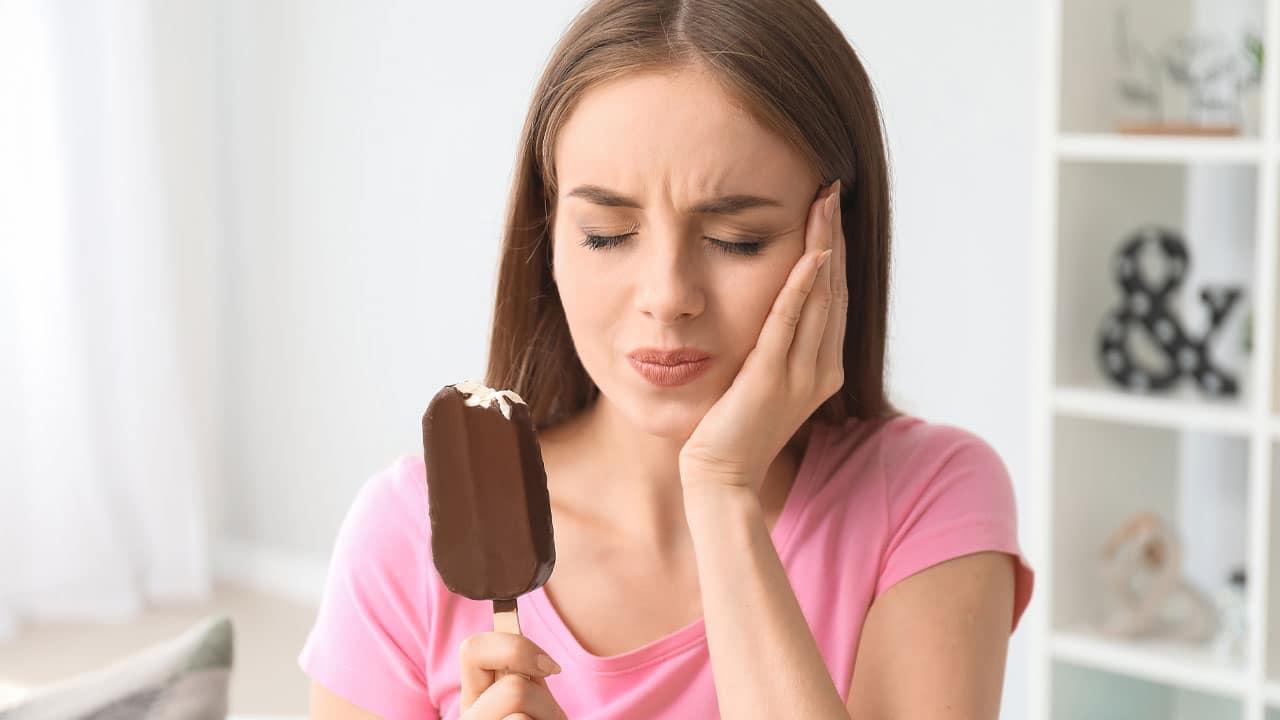
It is to remind you that the best toothpaste for sensitive teeth comes under specialized toothpaste and the patient has to use it for a certain period until the sensitivity subsides. The ingredients in the best toothpaste for sensitive teeth contain strontium chloride, potassium nitrate, or arginine which block the dentinal tubules in dentine and sometimes repair it, minimizing or removing the pain sensations.
Causes of teeth sensitivity
Dentine is exposed by following ways
• A tooth decay/dental caries/cavities
• Gums recession due to aginG
• After teeth scaling
• Chipped tooth
• Cracked teeth tooth cracks
• Gum recession
• Too hard brushing/aggressive tooth brushing
• Night grinding
• Frizzy drinks
• Smoking
• Poor oral hygiene
Ingredients in Sensitive toothpaste
• Potassium nitrate
• Stannous fluoride
• Strontium chloride
Top Most Sensitive teeth Toothpaste brands
- Sensodyne Rapid Action
- Tom’s of Maine Rapid Relief Sensitive
- Squigle Tooth Builder Sensitive Toothpaste
- Hello Sensitivity Relief Fluoride Toothpaste
- Sense-T tooth paste
The Toothpaste color code system
Many Toothpaste companies claim that there is a discrete coding system marked on every tube or bottle of toothpaste that is usually missed by many consumers. The code at the end of the tube of toothpaste is usually marked in different colors, a green mark means the toothpaste contains only natural ingredients, a blue mark is for a mix of natural ingredients and medication, red mark means it is a mix of both natural ingredients and chemical ingredients, and black means it contains only chemical ingredients. They, therefore, warn people that one should be cautious against toothpaste with red or black marks and be encouraged to choose toothpaste with green or blue marks instead. However, all this is a myth, and a selling strategy from the toothpaste marketing industry hence don’t fall prey to this always consult your dentist as he will prescribe you toothpaste that suits your need. The color codes at the end of every toothpaste tube allow machines that prepare the tubes to know where to cut or seal them.
Should I use the same toothpaste or alternate it?
Do you need to change your toothpaste over time is the most frequently asked question in dental clinics. The answer is If your dentist prescribes your toothpaste for a specific problem like bleeding gums, or sensitivity of teeth after scaling he would ask you to use it for a week or 10 days or more, after which the dentist will ask you to switch you back to normal toothpaste. Hence always consult your dentist and don’t change your toothpaste on your own.
What is the price of the best toothpaste? / What is the cost of toothpaste?
The price/cost of the toothpaste depends on the brand, type of ingredient used, packaging (size of the tube), Country, and the currency we are living in. Some brands which are very popular and high-end will charge you more. The average cost of toothpaste is 100 to 800 rupees in Pakistan and 3 to 15 USD in other countries.
How much toothpaste should I put on my brush?
Up to the age of 3, you should use pea size amount and make sure that your kid spits the toothpaste out. Even if the kids swallow by mistake, it should not cause a medical emergency. The recommendation for adults is to use double the pea size rather than sweeping all over the toothbrush bristles.
Should I brush my teeth more than two times?
It is recommended that you should brush two times a day; if you are brushing multiple times then you should stop right there as you can easily erode the protective outer surface of teeth called enamel and cause teeth abrasion which leads to more sensitive teeth to hot, cold, and sweet.
Do I need to brush my teeth with toothpaste?
Yes, you should brush your teeth with toothpaste, as a simple toothbrush may remove large food particles but there is a small gap between the bristles which may not clean the whole surface of the tooth so always use a toothpaste recommended by your dentist. It also neutralizes the acid attacks by bacteria on teeth as the PH of toothpaste is alkaline. Toothpaste contains fluoride which helps protect teeth against cavities.
Should I rinse after using toothpaste?
Rinsing immediately after brushing will diminish the effects of toothpaste, hence it is recommended to spit the toothpaste out after tooth brushing rather than rinsing the toothpaste away with the water as fluoride will still be there to protect your teeth and help against sensitivity. Rinse with water after 1 minute.
How often should I brush?
You should brush your teeth twice a day, once after breakfast in the morning and once after dinner, just before bedtime, do remember that proper oral hygiene doesn’t only include toothbrushing but also flossing your teeth and rinsing with mouthwash.
Can I brush my teeth with toothpowder or Manjan?
Yes, you can use tooth powder or tooth manjan but toothpaste is more effective in treating certain conditions. Put your toothbrush under water to get it wet and then pick up some power with the brush and brush your teeth.
For how long should I brush my teeth?
Brushing your teeth twice a day for two minutes is recommended by a dentist, as this is the optimum time for the removal of plaque and debris and control of bad bacteria present in our mouth.
How to shop for toothpaste?
Whenever you go for buying toothpaste, Just keep these questions in your mind, selection will be easier before purchasing.
• Check the label
Check if the toothpaste contains any special ingredient that helps with your specific teeth issue.
• Find the ADA seal for acceptance
As it shows that this product is safe to use inside the mouth and does not contain any harmful ingredients.
• Texture of toothpaste
Gel texture
Foamy texture
• Size of toothpaste and Expiry date
Conclusion
If you are still confused and not sure which toothpaste to use, the ideal scenario would be to contact your dentist for a recommendation of good toothpaste that help you with your needs. If you or your child has undergone Aligners Globe or braces treatment most orthodontists recommend using teeth whitening and anti-Plaque toothpaste alternately in a day. If you have crooked teeth (malposed or spaced teeth) and want to start your smile journey with Aligners Globe, follow the link below.
Posted On 26 Mar, 2023
